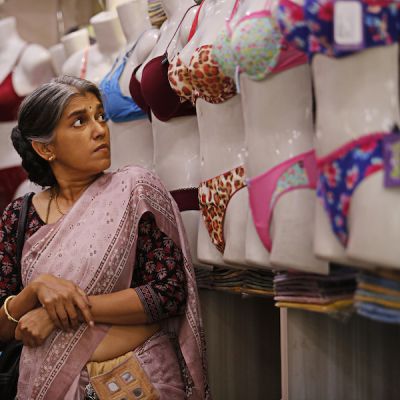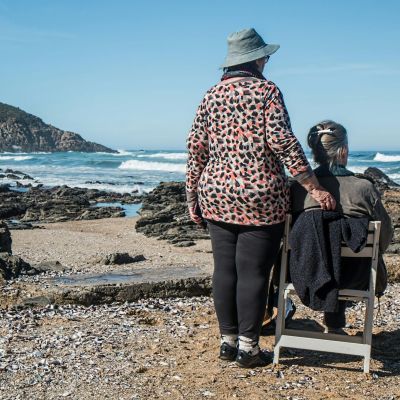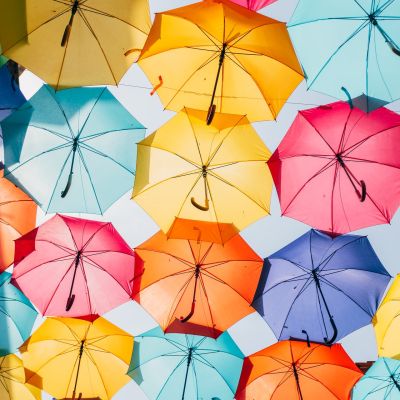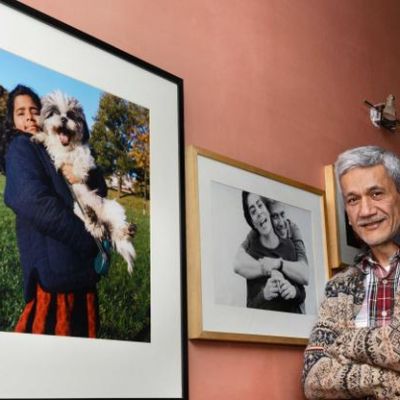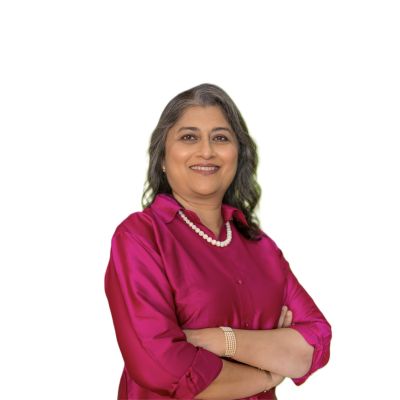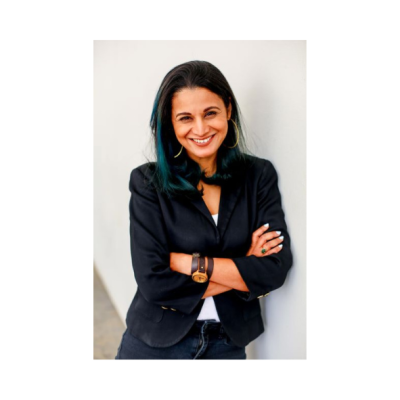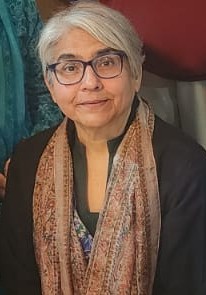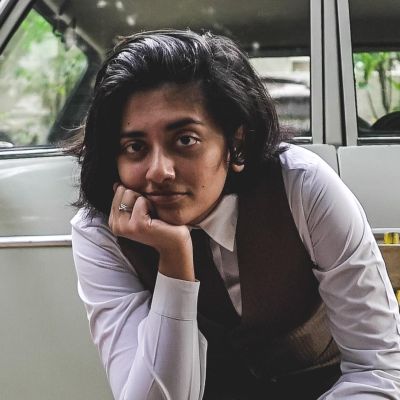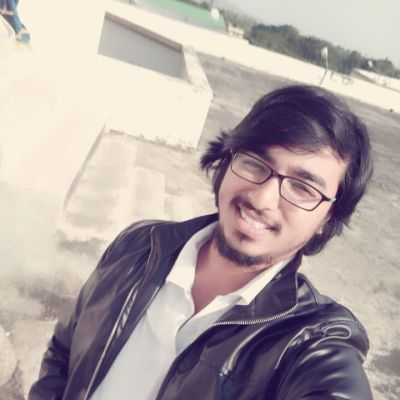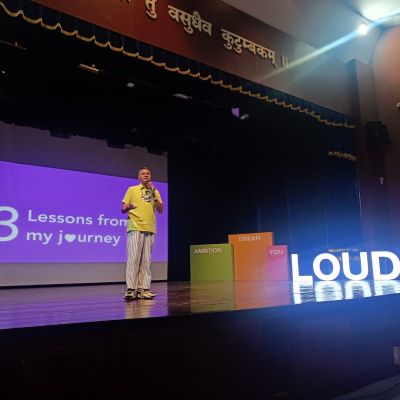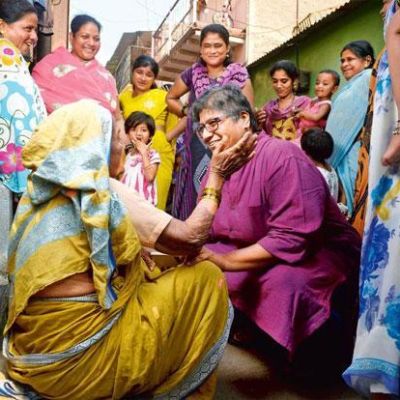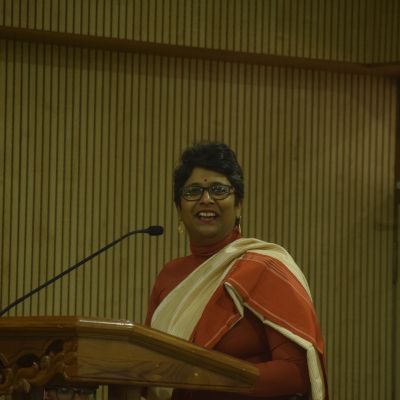Interview
We are plugged in to all kinds of data from a variety of sources, through technology, and even a window view of this space is like stepping into a global COVID control data centre. We are standing up to be counted, to be seen, to do, to contribute, to advocate, to remind, to rectify and restore, to strengthen a growing network of support and response to crisis on a scale we have neither been able to process or measure.
Alankrita Shrivastava made her directorial debut with the film ‘Turning 30!!!’ (2011) and has been committed to telling stories about women from a woman’s perspective. Her second and most recent film ‘Lipstick Under My Burkha’ (2016) has received international recognition and is slated to release in India in early 2017.
JG: As a founder member of The Alternative Law Forum (ALF) you have engaged with conventional law and at the…
There are times when we bend the rules and draw on the walls. This is one of those times. We listened in on some of the chatter online on the subject of consent and we ended up with some questions.
In this write up, we’d like to share a sense of what emerges from a compilation of these responses. This is based on the thoughts and feelings that come through for those of us here at In Plainspeak who have had the joy of reading the original responses as they came in to us. (Some of the quotations that follow have been slightly edited for flow and to help connect themes.) We know that most things in the realm of art, information and ideas lend themselves to a wide range of inferences and insights depending on the individuals making the inferences.
Sunil Gupta is an artist, activist, and a curator, based in London UK. In this interview, he talks to Manak…
Getting to know who I really am has been a game changer. Prejudice, anger, control and violence all emerge from fear.
“Questions of difference should not be a cause for despair. There are examples from history and our own lives that show how we can connect across difference and stand in solidarity with one another…”
Sadhana Vohra is a psychotherapist in private practice in New Delhi, India. She divides her time between long hours at…
Entertainment should aim to inspire, comfort, reflect and express. Even if something violent earns big at the box office, it doesn’t justify its creation.
“I feel that connection is the survival language of the LGBTQIA+ community. The sense of a common struggle makes way for developing quick yet lasting connections among the community…”
The larger question is, who gets to bring all of themselves to the workplace, and who is either not allowed, or feels scared, or is bullied for doing so?
I think that the level of power that law makers, opinion builders and stakeholders wield over the more vulnerable and younger people in society is enormous. Yet, these actors have chosen to focus only on building a policy regime of sexual violence, even to the extent of allowing juvenile offenders to be treated as adult accused – without any corresponding effort to build a sex positive culture within which they may exercise agency.
किरण देशमुख वैम्प प्लस की अध्यक्ष हैं। हमने एचआईवी एवं यौनिकता के विषय पर किरण के साथ ईमेल के द्वारा…
I feel that parents, teachers and CSE can make room for these disparate realities of adolescents by first acknowledging the limits of formal sexuality education, that the curriculum imparted formally fails in providing the kind of learning that happens through other sources.


